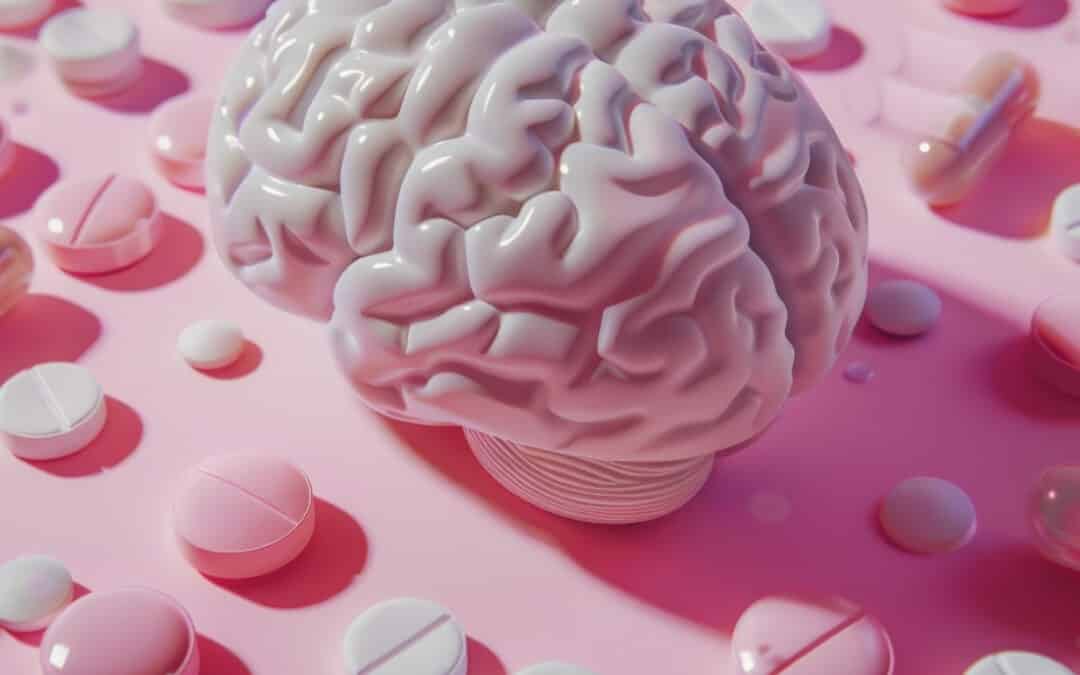The Rising Tide of Pharmaceutical Drug Dependency: Understanding the Dangers and Withdrawal Challenges
Introduction
In recent weeks and months, MyRehab, an inpatient Drug and Alcohol Rehabilitation Centre in Rynfield, Benoni has observed a significant increase in admissions for patients struggling with dependency on pharmaceutical drugs, particularly benzodiazepines like Alzam, Ativan, and Urbanol, as well as hypnotics such as Zolpidem. This growing trend is alarming due to the extreme dangers associated with these medications, particularly the severity of withdrawal symptoms. This article aims to provide an informative overview of the risks and challenges involved in dependency on these drugs, making it accessible for individuals and their families who may be affected.
The Appeal of Pharmaceutical Drugs
Pharmaceutical drugs such as benzodiazepines and hypnotics are often prescribed to treat a range of conditions, including anxiety, insomnia, and other stress-related disorders. Their effectiveness in providing quick relief from symptoms makes them highly appealing to patients. However, the same properties that make these drugs effective also contribute to their potential for abuse and dependency.
Understanding Benzodiazepines and Hypnotics
Benzodiazepines
(e.g., Alzam, Ativan, Urbanol) work by enhancing the effect of the neurotransmitter gamma-aminobutyric acid (GABA) in the brain, which produces a calming effect. They are typically prescribed for anxiety, panic disorders, and sometimes for insomnia.
Hypnotics
(e.g., Zolpidem) are primarily used to treat insomnia by inducing and maintaining sleep. They work by affecting the brain’s GABA receptors similarly to benzodiazepines but are chemically distinct.
The Dangers of Dependency
Dependency on these drugs can develop quickly, even when taken as prescribed. Over time, individuals may require higher doses to achieve the same effects, leading to increased risks of overdose and severe health complications.
Health Risks Include:
– Cognitive Impairment:** Long-term use can lead to memory problems, decreased cognitive function, and an increased risk of dementia.
– Physical Dependence:** The body becomes reliant on the drug, making it difficult to stop without experiencing severe withdrawal symptoms.
– Mental Health Issues:** Prolonged use can exacerbate mental health problems, including depression and anxiety.
The Severity of Withdrawal
Withdrawal from benzodiazepines and hypnotics can be among the most severe of all drugs. Symptoms can be both physically and psychologically intense, making the process challenging and dangerous without professional support.
Common Withdrawal Symptoms:
– Anxiety and Panic Attacks: Often more intense than the original symptoms treated.
– Insomnia: Rebound insomnia can be severe, leading to prolonged periods of sleeplessness.
– Physical Symptoms: Including headaches, muscle pain, sweating, and tremors.
– Seizures: In extreme cases, withdrawal can lead to seizures, which can be life-threatening.
Seeking Help
Given the risks associated with dependency and withdrawal, it is crucial for individuals to seek professional help. MyRehab Helper provides comprehensive support for those struggling with pharmaceutical drug dependency. Our multidisciplinary team is experienced in managing the complex process of withdrawal, offering medical supervision, therapeutic interventions, and holistic care to ensure the safest and most effective recovery.
Conclusion
The rise in pharmaceutical drug dependency, particularly benzodiazepines and hypnotics, is a serious public health concern. Understanding the dangers and challenges associated with these drugs is essential for individuals and their families. If you or a loved one is struggling with dependency, it is vital to seek professional help. MyRehab Helper is here to provide the necessary support and care to navigate the path to recovery safely.
For more information or to speak with a professional, please contact MyRehab Helper today. Your journey to recovery begins with understanding and the right support.

